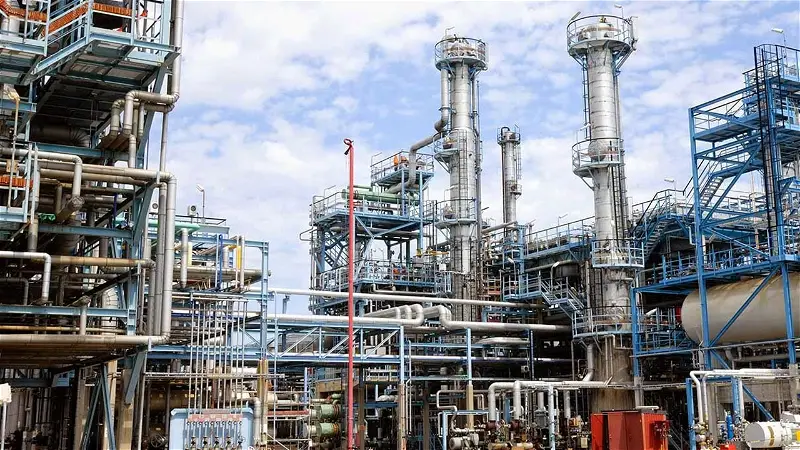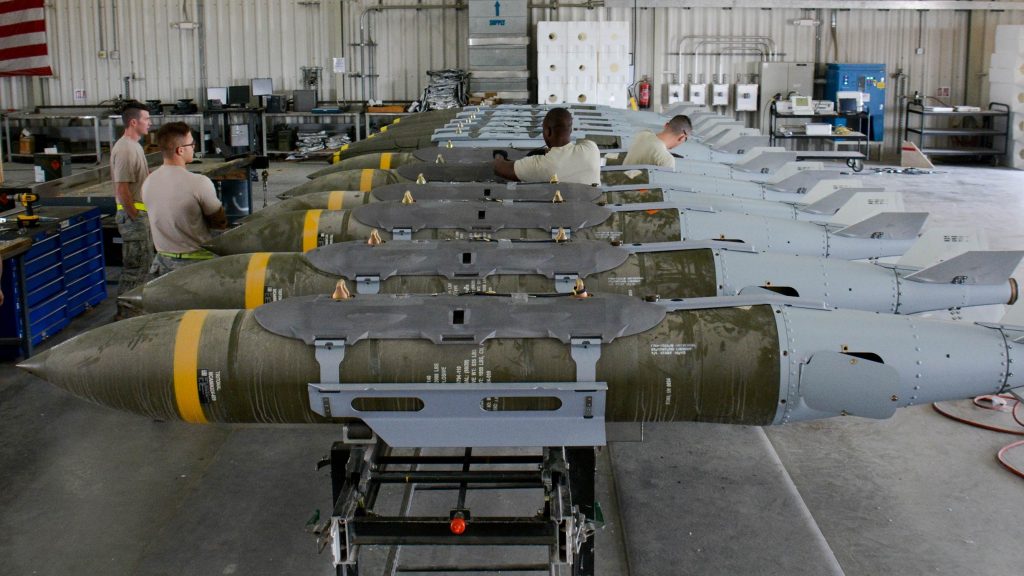Economy
Why petrol prices are dropping in Nigeria
DDM News

A petroleum marketer has explained the real reason for the continuous drop in Nigeria’s premium motor spirit (PMS) prices.
According to the marketer, who spoke anonymously to Diaspora digital media (DDM) the major factor behind the price reduction is the deregulation of the downstream sector.
He stated that competition within the sector, enabled by deregulation, has significantly influenced the pricing of petroleum products across the country.
Many analysts have suggested that increased local refining capacities and the Crude for Naira initiative contributed to the falling prices.
However, the marketer maintained that deregulation remains the most important factor responsible for the decline in petrol prices nationwide.
Dangote Refinery’s Price Reduction
Dangote Refinery recently reduced its depot price from N825 per litre to N815 per litre, further affecting petrol prices.
Despite this reduction, retail pump prices have not fully reflected the depot price changes across various filling stations.
Petrol at MRS filling stations and other Dangote partner stations currently sells for between N860 and N880 per litre.
According to a report by DAILY POST, the landing cost of petrol has also declined to N774.82 per litre.
This is significantly lower than Dangote Refinery’s previous price of N825 per litre, indicating further price adjustments may occur.
Possibility of Further Price Reductions
The marketer predicted that petrol prices could soon fall below N800 per litre, though he did not specify an exact timeline.
He noted that gasoline prices have continued to decrease and could drop even further in the coming months.
Many believe local refining capacity and the Crude for Naira initiative are the primary reasons for the decline in prices.
However, the marketer insisted that competition within the deregulated downstream sector is the most significant driver of this trend.
He emphasized that the price drop is a welcome relief for consumers and will help reduce inflationary pressures on the economy.
Deregulation and Market Competition
The marketer highlighted that deregulation has played a key role in lowering petrol prices across the country.
He warned that prices could also increase in the future, depending on market dynamics and global oil prices.
“We have always advocated for deregulation to promote competition and ensure fair pricing in the oil sector,” he said.
Unfortunately, resistance from various stakeholders, including labor unions, delayed the full implementation of deregulation in the country.
This delay pushed Nigeria’s economy to the brink of crisis before the government finally adopted the policy.
Avoiding Monopoly in the Sector
The marketer stressed the importance of maintaining a competitive market to keep petrol prices at the lowest possible level.
He argued that no single company should dominate fuel supply within Nigeria to ensure price stability.
“If a single entity controls supply, there will be no motivation to keep prices affordable for consumers,” he warned.
He explained that competition forces oil marketers to offer competitive pricing, benefiting both businesses and individuals.
Role of Fuel Imports in Price Reduction
The marketer noted that local refineries prefer an environment without fuel imports to maintain their market dominance.
However, the continued presence of imported fuel has contributed to driving prices down across Nigeria.
“My view is that petrol prices are dropping because imports are still allowed, keeping competition strong,” he said.
He urged authorities to regulate fuel imports while ensuring only high-quality products enter the Nigerian market.
Ensuring a Balanced Fuel Supply
The government should maintain a balance between total fuel consumption, local refining, and fuel imports, the marketer suggested.
He advised policymakers to monitor the industry closely and prevent any monopoly that could lead to price hikes.
“Local refining is good for Nigeria, but refiners must keep prices low through limited and controlled imports,” he stated.
He suggested that refineries should consider exporting excess fuel production to earn foreign exchange for the country.
“Exporting surplus petrol will bring additional revenue, ensuring that local refineries remain competitive and profitable,” he added.
Conclusion
The reduction in petrol prices is a significant relief for Nigerians struggling with high living costs.
However, industry experts stress the need to maintain competition to sustain these benefits over the long term.
Deregulation has proven to be an effective policy in keeping fuel prices relatively low and stable.
If competition remains strong, petrol prices may continue to decline, benefiting consumers and businesses alike.
For Diaspora Digital Media Updates click on Whatsapp, or Telegram. For eyewitness accounts/ reports/ articles, write to: citizenreports@diasporadigitalmedia.com. Follow us on X (Fomerly Twitter) or Facebook











